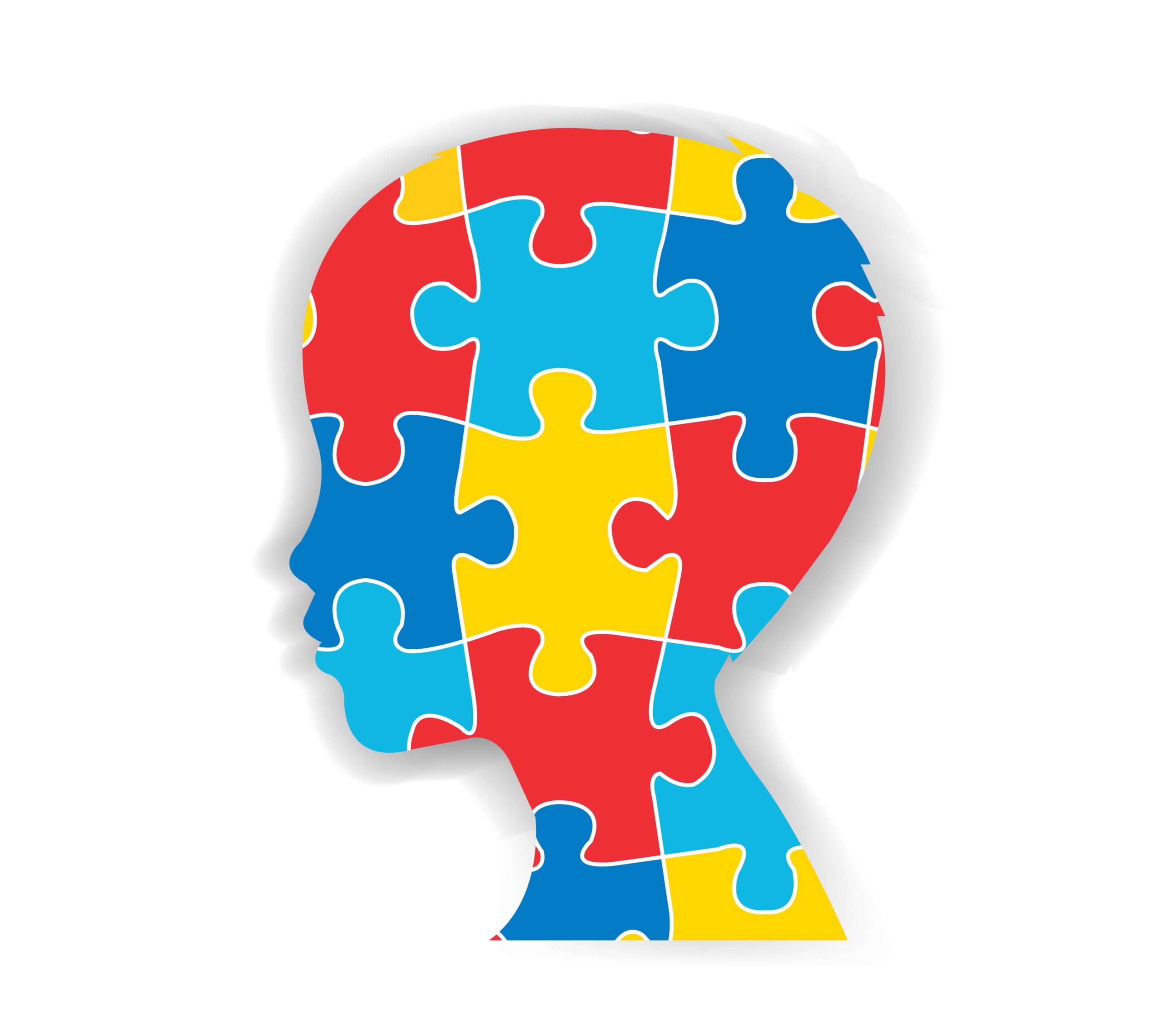Your toddler refuses to wear certain clothes, has huge meltdowns in noisy places, or is an extremely picky eater, limited
The intense head pain begins, lights feel blindingly bright, and every sound seems amplified to an unbearable level. You retreat
You watch your child struggle with things that seem to come so easily to other kids. Maybe they have meltdowns
Your child is constantly in motion, has trouble focusing on homework, and often experiences big emotional meltdowns. Is it ADHD?
The house is finally quiet, but you know the night is far from over. For many parents of children with
As a parent, you are the expert on your child. You know their unique quirks, their joys, and their struggles.
The school environment is a busy, dynamic place filled with learning, social interactions, and a wide array of sensory experiences.
Have you ever noticed how one child might run toward the loudest, most chaotic part of the playground, while another
As a parent, you are keenly aware of your child’s unique personality and behaviors. Sometimes, you may notice reactions or
Children with sensory processing differences often experience the world in ways that affect their oral health, behavior, and dental care
Separation anxiety can feel really hard for both kids and parents. For families with kids who have special needs, it
Sensory Integration Therapy (SIT) has emerged as a powerful tool for children and adults facing sensory processing difficulties. Often seen
Your child is constantly moving, crashing into furniture, or having meltdowns in response to seemingly minor things like a loud
Your child is constantly in motion, has trouble focusing on homework, and often experiences big emotional meltdowns. Is it ADHD?
The school environment is a busy, dynamic place filled with learning, social interactions, and a wide array of sensory experiences.
Separation anxiety can feel really hard for both kids and parents. For families with kids who have special needs, it
Supporting kids with ADHD takes more than reminders and patience. For parents and educators, understanding ADHD and providing the right
Co-parenting a child with special needs presents unique challenges but can also be profoundly rewarding when approached with cooperative strategies.
Attention Deficit Hyperactivity Disorder (ADHD) and Sensory Processing Disorder (SPD) are two conditions frequently discussed in pediatric development and mental
Sensory overload occurs when one or more of the body's senses become overstimulated by external stimuli. For individuals affected, this
Raising a child with ADHD (Attention-Deficit/Hyperactivity Disorder) presents unique challenges, requiring patience, understanding, and adaptability. However, with the right strategies
Sensory diets are systematic and individualized strategies that help modify or meet sensory needs, particularly benefiting children and adults with
Parents, educators, and therapists often face a perplexing challenge when trying to distinguish between Sensory Processing Disorder (SPD) and Attention
25 Sensory Activities and Exercises for Kids with Sensory Processing Disorder and ADHD If your child has Sensory Processing Disorder
Your child is constantly moving, crashing into furniture, or having meltdowns in response to seemingly minor things like a loud
Your child seems to miss verbal instructions, struggles to follow conversations in noisy environments, and often asks "what?" even when
On the surface, autism and Ehlers-Danlos syndrome (EDS) might seem like two entirely unrelated conditions. One is a neurodevelopmental condition
The house is finally quiet, but you know the night is far from over. For many parents of children with
A bustling school cafeteria, a crowded birthday party, or the sudden roar of a vacuum cleaner—for many, these are just
Watching your child grow and develop is one of the most rewarding parts of being a parent. But when communication
Separation anxiety can feel really hard for both kids and parents. For families with kids who have special needs, it
Separation anxiety can be tough on any child, but for children with special needs, it often goes hand in hand
Social skills are essential for navigating everyday interactions, but for children with Autism Spectrum Disorder (ASD), developing these skills can
Sensory processing disorder (SPD) often flies under the radar, yet it plays a crucial role in understanding the complexities of
Sensory overload occurs when one or more of the body's senses become overstimulated by external stimuli. For individuals affected, this
Sensory diets are systematic and individualized strategies that help modify or meet sensory needs, particularly benefiting children and adults with
Your toddler refuses to wear certain clothes, has huge meltdowns in noisy places, or is an extremely picky eater, limited
The jump to middle school is a significant academic and social leap. Suddenly, students are juggling multiple teachers, changing classes,
Enamel hypoplasia is a developmental condition where the outer layer of the tooth (enamel) forms incompletely or is thinner than
Misaligned teeth or jaws, known as malocclusion, can begin developing during early childhood—even before all the baby teeth have erupted.
Oral reflexes are critical in early infancy, supporting feeding, speech, and oral motor development. These automatic responses help babies nurse,
Your child’s first dental appointment is an important step in their oral health journey. Early visits help prevent dental issues
White spots on children's teeth are a common concern for parents—but are they harmless or a sign of something more
Pacifiers can be a soothing tool for infants, but prolonged use may interfere with oral development and speech. Parents often
An often-overlooked link in pediatric development is how a child's breathing patterns impact their oral skills, including chewing, swallowing, speech,
Teeth grinding, or bruxism, isn’t just a sleep‑time issue—it can happen during the day too. Daytime grinding, known as awake
Baby bottles play a vital role in infant nutrition—but prolonged or improper use can interfere with your child’s oral motor
Dental X-rays are a vital part of pediatric dental care, helping dentists assess your child’s oral health beyond what can
Bringing a new baby home is a time filled with joy, learning, and a host of new worries. One of
Separation anxiety can feel really hard for both kids and parents. For families with kids who have special needs, it
Picture this scene: You’ve finally gotten your baby into a comfortable sleep routine. Nights are restful, naps are scheduled, and
Sleep regressions can feel like an uphill battle for parents. One moment your baby is sleeping soundly, and the next,
Sleep regressions are a temporary yet challenging phase many parents encounter as their babies and toddlers grow. Understanding the approximate
Sleep regressions. The phrase alone can strike fear into the hearts of even the most seasoned parents. If your baby
Sleep regressions can feel like a relentless obstacle to parents striving for a peaceful night's rest. But you're not alone,
Supporting kids with ADHD takes more than reminders and patience. For parents and educators, understanding ADHD and providing the right
Sensory Integration Therapy (SIT) has emerged as a powerful tool for children and adults facing sensory processing difficulties. Often seen
Sensory diets can be powerful tools for supporting children with Sensory Processing Disorder (SPD). But what exactly is a sensory
Why does my child cover their ears at birthday parties? Why do the seams on socks cause meltdowns, or loud
How are anxiety and sensory processing challenges connected, especially in kids? Many parents and helpers see that children with Sensory
Picture this scene: You’ve finally gotten your baby into a comfortable sleep routine. Nights are restful, naps are scheduled, and
Sleep regressions can feel like an uphill battle for parents. One moment your baby is sleeping soundly, and the next,
Sleep regressions are a temporary yet challenging phase many parents encounter as their babies and toddlers grow. Understanding the approximate
Sleep regressions. The phrase alone can strike fear into the hearts of even the most seasoned parents. If your baby
Sleep regressions can feel like a relentless obstacle to parents striving for a peaceful night's rest. But you're not alone,
Supporting kids with ADHD takes more than reminders and patience. For parents and educators, understanding ADHD and providing the right
Sensory Integration Therapy (SIT) has emerged as a powerful tool for children and adults facing sensory processing difficulties. Often seen
Sensory diets can be powerful tools for supporting children with Sensory Processing Disorder (SPD). But what exactly is a sensory
Why does my child cover their ears at birthday parties? Why do the seams on socks cause meltdowns, or loud
How are anxiety and sensory processing challenges connected, especially in kids? Many parents and helpers see that children with Sensory
When your child struggles with writing, it's easy to assume they just need practice or a little more time to
Physical therapy plays an essential role in helping children achieve the developmental milestones necessary for functional independence, confidence, and overall
The persistent ache in your jaw, the clicking or popping sound when you chew, and the recurring headaches can be
Bringing a new baby home is a time filled with joy, learning, and a host of new worries. One of
Enamel hypoplasia is a developmental condition where the outer layer of the tooth (enamel) forms incompletely or is thinner than
Misaligned teeth or jaws, known as malocclusion, can begin developing during early childhood—even before all the baby teeth have erupted.
Oral reflexes are critical in early infancy, supporting feeding, speech, and oral motor development. These automatic responses help babies nurse,
Your child’s first dental appointment is an important step in their oral health journey. Early visits help prevent dental issues
White spots on children's teeth are a common concern for parents—but are they harmless or a sign of something more
Pacifiers can be a soothing tool for infants, but prolonged use may interfere with oral development and speech. Parents often
An often-overlooked link in pediatric development is how a child's breathing patterns impact their oral skills, including chewing, swallowing, speech,
Teeth grinding, or bruxism, isn’t just a sleep‑time issue—it can happen during the day too. Daytime grinding, known as awake
Baby bottles play a vital role in infant nutrition—but prolonged or improper use can interfere with your child’s oral motor
Dental X-rays are a vital part of pediatric dental care, helping dentists assess your child’s oral health beyond what can
Join thousands of parents and educators each week
Because staying in the loop is important





















































































